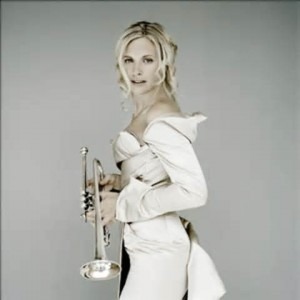
Alison Balsom
Similarly when we musicians meld perfectly into oneness with our instrument body and mind, music and the creative process can be experienced viscerally. The freedom to express the music comes so naturally that everyone— you and your listeners feel the flow.
Being in the zone takes practice on many levels. First of course, like an athlete, who must perfect their ‘moves’ and train incessantly, a musician has to put in the time to learn and study the music in order to master the works physically and intellectually, and to convey the interpretation emotionally. This takes careful practice—noticing, listening and correcting with clear goals in mind. In time, with consistent practice we learn something extremely difficult—to be critical while also being nonjudgmental about our playing.
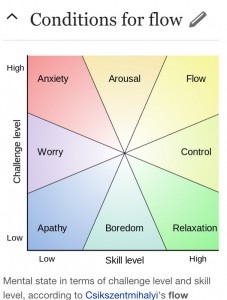 But “knowing” our piece isn’t enough. It is essential to practice mindfulness before we are able to convey the music effectively to others.
But “knowing” our piece isn’t enough. It is essential to practice mindfulness before we are able to convey the music effectively to others. What do we mean by mindfulness? We all have experienced being “on auto-pilot,”—our chattering, wandering minds take us out of the moment and the activity that we are doing. Trouble brews when we start to think during the concert about the dinner or beer waiting for us! Suddenly we wake up. Terrified and lost, we have a memory slip or make a gaping error. It takes intentional practice to learn how to concentrate and focus.
It is equally important to learn how to think positively about our performance. The music can flow through us only when we can develop trust in our ability enough to relax and let go. In flow, our emotions are not just channeled. They are so positively energized, and aligned with the task at hand, that there is a feeling of spontaneous joy while performing. Our ego is sublimated. There is nothing but the music. Flow, control and relaxation sublimate anxiety, worry or apathy.
Practicing mindfulness should be part of your everyday practice schedule. Breathing fully is a good start. Sit quietly in your practice space, close your eyes and focus on full and slow breathing. Relax your body from the tips of your toes to the top of your head, searching for any tension in your muscles and bringing in breath to those tight places.
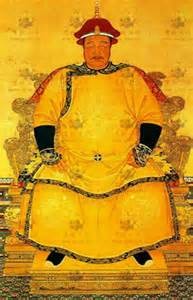
Yellow Emperor
Getting immersed in your performance, according to research, entails several things— intensely focused concentration on the present moment, merging action and awareness, losing self-consciousness, gaining a sense of personal control and the sense that time seems to stand still. The experience of the performance itself becomes intrinsically one of meaning and purpose. In other words, you need to know what to do, how to do it, how well you are doing and feel that what you are doing is challenging enough for you. At the same time you need to know that your skills are up to the task.
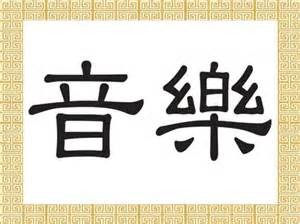
Chinese character “Music”
“Chinese culture has always talked about music in a very special way. It’s reflective of something very powerful and has a spiritual influence on people. For music, sound is energy, and energy is like touch, and we know how powerful touch is in healing. Even when someone can’t speak and you hold their hand, that’s very comforting… The Chinese character “Yao“ (medicine) is made of the character “Yue“ (music). The creation of the character for music is based on a legendary story about Huangdi, the Yellow Emperor, who used music to heal and to call back the souls of dead soldiers in a war. Music, the arts and all creativity have a large role in humanity… I think the whole purpose of any of the arts is to express something that has deep meaning, that’s bigger than yourself.”*
When a musician reaches the zone they can unleash their true potential and be the vehicle to draw the listeners into a shared intimacy. When it works there is no experience that compares.
* (From The Epoch Times an interview by Pamela Tsai.)
Yo Yo Ma Extraordinary Minds interview
Libertango
Alison Balsom Hummel trumpet concerto ( what ease 
Galway bumble bee

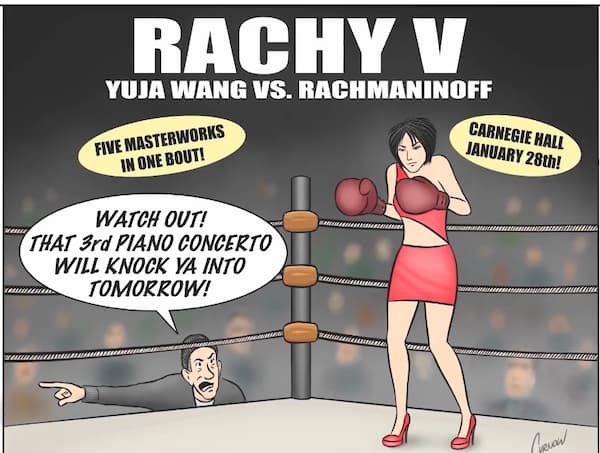
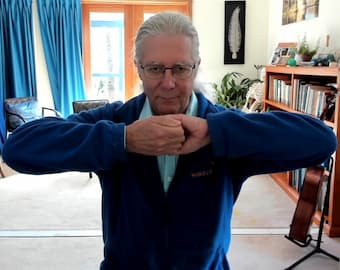
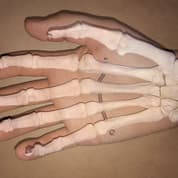
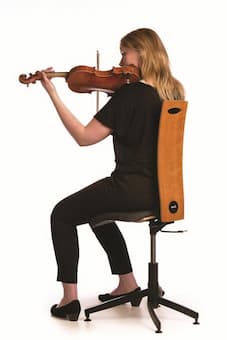
I started a meditation practice last year and it’s made a huge difference to a lot of areas of my life. Great to read a little about how cultivating mindfulness can help us on stage as well. Thanks!